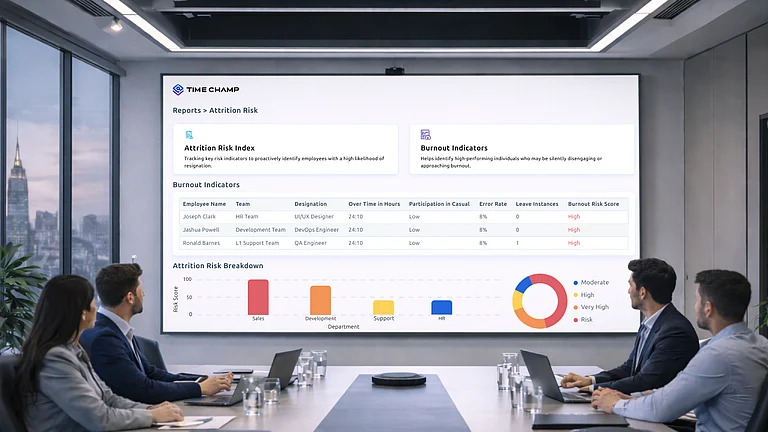In a world where alarm clocks are often met with groans, a new study suggests that waking up early for work might actually be better for your health than burning the midnight oil. Published in the Plos One journal, the research highlights the detrimental effects irregular work schedules can have on one's well-being.
The study, led by Wen-Jui Han, a professor at New York University, tracked 7,000 individuals over a span of 30 years, from ages 22 to 50. It compared the health outcomes of those working standard morning shifts, starting at 6 am or later and ending by 6 pm, with those enduring volatile schedules kicking off at 2 pm or later and wrapping up by midnight.
The findings were striking. Individuals subjected to irregular work hours exhibited a host of health issues including less sleep, poorer sleep quality, diminished physical and mental functions, and heightened risks of reporting poor health and depressive symptoms by age 50.
Han stressed the long-term implications of such work patterns, noting that even those who transitioned from stable schedules to erratic ones in their 30s experienced alarming health scares like cardiovascular diseases and anxiety.
These health issues, exacerbated by severe sleep deprivation and low sleep quality, are collectively labelled as Shift Work Sleep Disorder. Han emphasised that volatile work schedules serve as chronic stressors in individuals' lives, significantly increasing the likelihood of poor health outcomes, even surpassing those of the unemployed.
Moreover, the study underscored the socioeconomic dimension of work patterns, revealing disparities based on gender, race, and education. Minority groups, in particular, bore the brunt of nonstandard work hours, compounding existing health challenges.
"The higher prevalence of African Americans with jobs requiring nonstandard schedules further intensifies the prevalence of sleep issues among people of colour," the study observed.
Given that many individuals spend a significant portion of their lives at work, the study advocates job choices that prioritise health and accommodate personal schedules.














.png?auto=format%2Ccompress&fit=max&format=webp&w=376&dpr=2.0)













